We asked our OW athletes to share what participating in the Olympics meant to them, how their time at Wesley prepared them for an athletic career, and what they learned from competing at the highest level. They all expressed pride and gratitude for the opportunity to be among the select few who have been chosen to represent their country.
Jodie Dobson (OW1987) – Rowing (1992)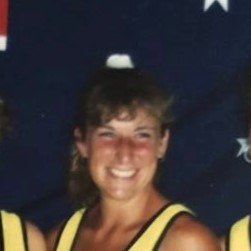
‘Being an Olympian is one of many proud achievements in my life and in a lot of ways is like being an OW, as it puts you in touch with a group of very special people, just like a club, but these people are generally incredibly talented and successful yet humble people. That’s where my journey began, with a big dream in a purple uniform. Wesley taught me good time management as I was in several senior bands, rowed in the First Crew, played netball, and did six subjects. This meant I had to use every minute of my time effectively. As an elite athlete, this ability to use time efficiently is essential. So too is the need and ability to set goals and tick them off as you reach them. You have to be exceptionally good at working very closely with your team and I feel this has always been a huge strength of each of my crew members, and follows on in life to make you a better leader. I find that I always strive to be better at any task I do.’
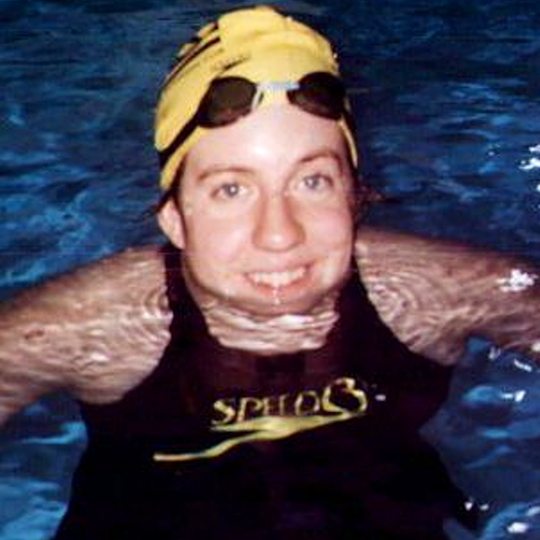 Elle Steele (OW2001) – Swimming Paralympics (2000)
Elle Steele (OW2001) – Swimming Paralympics (2000)
‘It feels very special to have been a participant in the Paralympics. To me, it demonstrates my resilience and dedication to a goal, and I love that I can lean on the knowledge that I dreamt of achieving something and made it happen. The school was very supportive of my endeavours and helping me prepare for the Games. I would often go for a swim during PE so I could get in extra sessions, and I had a lot of time off school in Years 10 and 11 while I was qualifying. I now use elements of an athlete mindset in my work, and during my recovery from over 15 surgeries since competing as a Paralympian. The ability to focus on the task at hand and complete it at a high level has helped me learn to walk five times. I'm so grateful for the help I received to get me to the Paralympics, it's an achievement I will always be very proud of.’
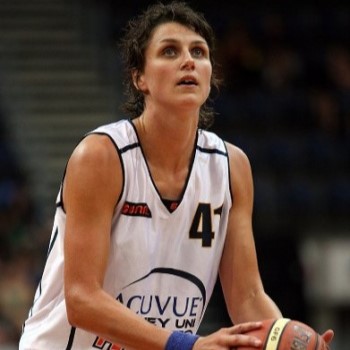 Natalie Porter (OW1998) – Basketball (2004)
Natalie Porter (OW1998) – Basketball (2004)
‘What made the Olympics so special was that I got to be a part of it – I get goosebumps every time I think about it or it is mentioned (which is a lot at the moment!) My best memories from Athens are standing up on the dais and receiving the silver medal, and also the dining hall. Sitting there watching the best athletes in the world coming and going was such a buzz! Wesley’s motto ‘Dare to be Wise’ definitely helped me get there, as I was never afraid to ask questions, learn more or seek feedback. From my experience competing at the Olympics, I carry with me the desire to be the best at everything I commit to do. I also have a very global mindset, and I love to bring life lessons into my role as Head of Basketball at Wesley.’
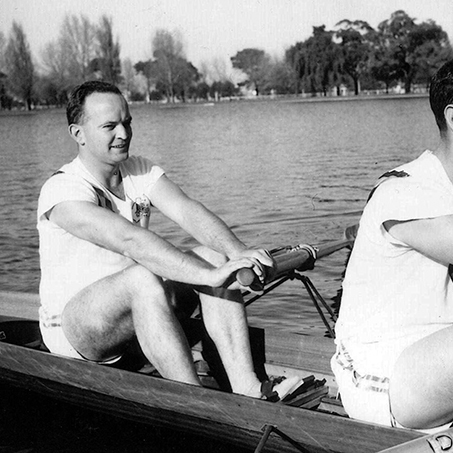 Robert (Bob) Duncan OAM (OW1949) – Rowing (1956)
Robert (Bob) Duncan OAM (OW1949) – Rowing (1956)
‘I was in the bow seat of Australia’s first pair oared boat to row at an Olympic Games. The Olympics were not as big then as they are now... to us, it was just another regatta. Nevertheless, it was the highlight of my rowing career. I was cox of the Wesley 2nd eight in 1945 and many of the values I learnt at Wesley were critical to rowing in general and Olympic selection. Rowing taught me the importance of teamwork, co-operation and not letting your crewmates down. The Olympics brought me great companionship and most of the people I rowed with have become lifelong friends. I have remained connected with the rowing community and umpired at international regattas. And, importantly, I still attend the Wesley Boat Race Dinner each year.’
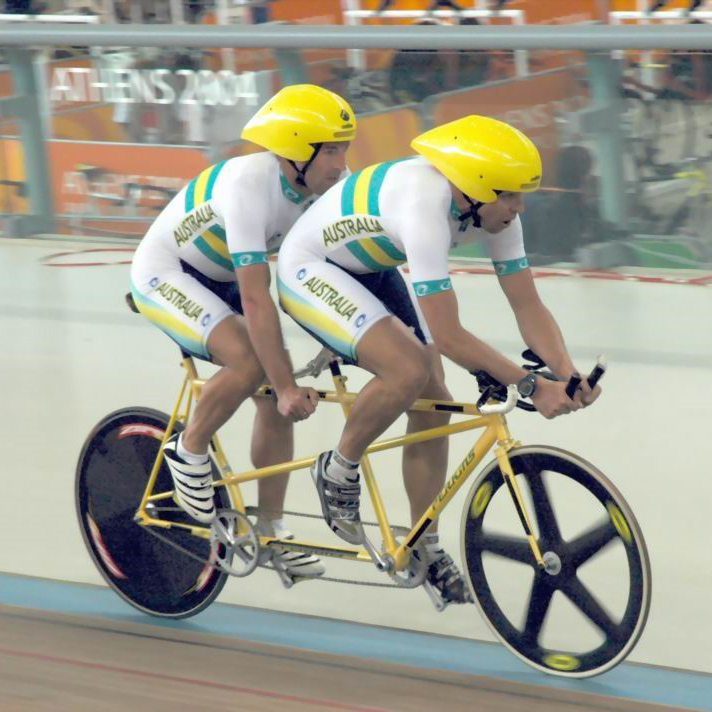 Robert Crowe OAM (OW1986)
Robert Crowe OAM (OW1986)
– Road Cycling (1992), Track Cycling Paralympics (2004)
‘I'm most well-known for my second Olympic appearance in 2004 at Athens with a blind Paralympian named Kieran Modra, where we broke the tandem 4000m world record and won gold after I had a flat tyre at the Barcelona Games twelve years prior in 1992. It's this story which I've drawn on most of all as book-end experiences of both the main Olympic Games and then the Paralympics that best defines my notoriety in the sport's history. I'm now working with all levels of cyclists, disabled NDIS-funded riders and some elite riders too.’
Katya Crema (OW2006) – Ski Cross (2010, 2014) 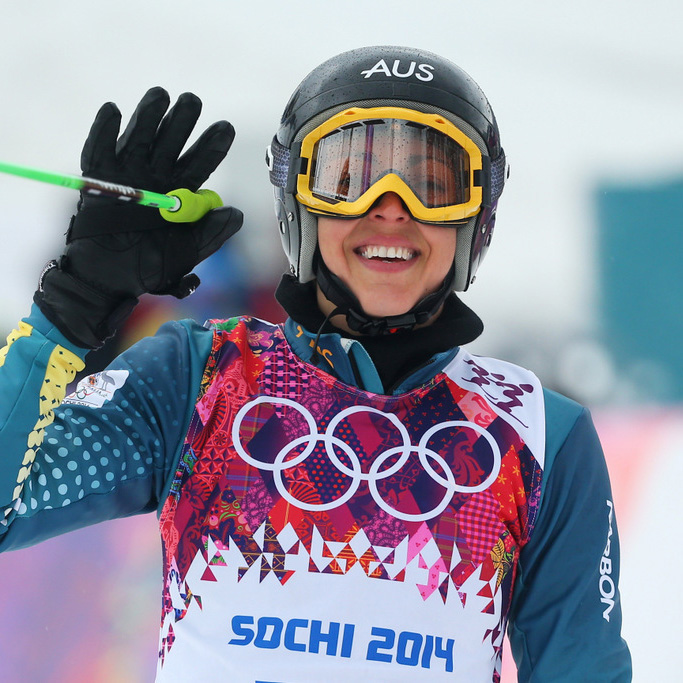
‘I’m very proud to be able to call myself an Olympian, having represented Australia at two Winter Olympic Games. Turning a dream into reality took an immense amount of dedication, hard work, passion and, importantly, support. I was fortunate to have the opportunity to live, train and study at Mount Buller during Term 3 for four consecutive years in a row, from Years 7 to 10. This time on the snow and flexibility with how I completed my studies was pivotal in giving me the training I needed to be competitive against international athletes. Wesley was incredibly supportive of my choice to pursue a pathway into elite sport and I will be forever grateful.’
Kate Mactier (OW1992) – Track Cycling (2004) 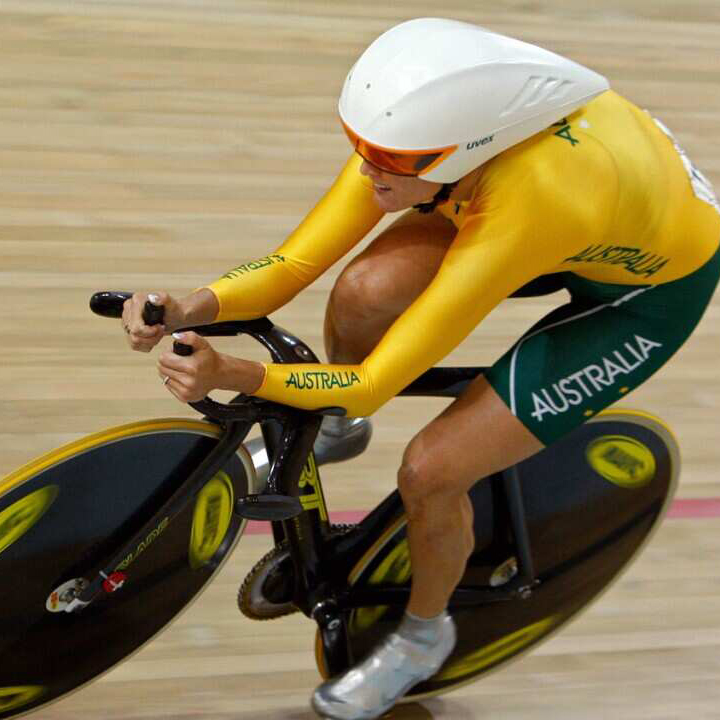
‘I have always been a proud Australian and I believe to qualify for an Olympic position is testament to the work ethic and ability of an athlete. It is a huge privilege and was a lifelong ambition of mine. I look back at my days at Wesley and regard them as some of my happiest days. Wesley taught me to reach for the stars, that I was good enough, smart enough and could achieve anything I set my mind to. Not only did I have the opportunity to train and race, I also realised my potential as a student. Being an Olympian is a huge privilege; it stays with you forever and I believe it has made me the person, employee, partner and mother I am today. Whether it is parenting or my job, I give it my all. I know that nothing is worth doing unless you commit and give it 100%.’
Nicholas Lavery (OW2016) – Rowing (2020)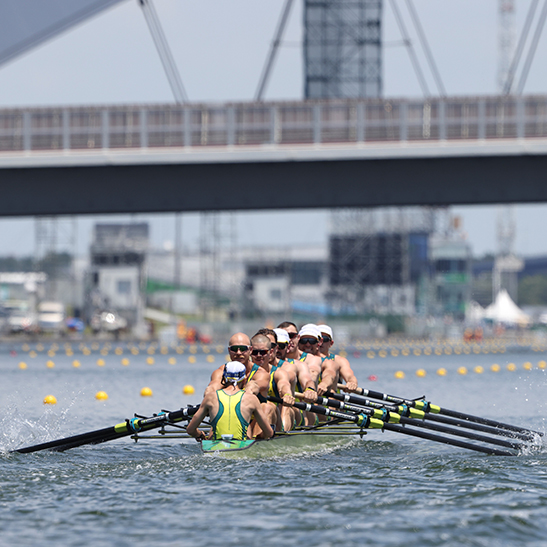
‘Even though I did not judge my endeavour at the Olympics a success in the immediate aftermath, those around me did, and found value and meaning in what I had done. People sharing this with me showed me how much my Olympic experience meant to others, and how my representation had given them a chance to connect with the pinnacle of sport in a more intimate way. Gradually, my own insular perspective evolved into one that is now shared with the people who watched and supported me. I now see the Olympics and what they represent differently. I see them as more than just an individual pursuit of victory, but as an event which can inspire an appreciation for human ability, just as much, if not more, for those who watch, as for those who wait in the starting blocks. This is now what it means to me to have participated in the Olympics.’
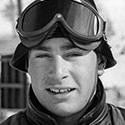
Alistair Guss (OW1982) – Skiing (1984)
‘To participate in an Olympics and achieve the highest level in winter downhill alpine skiing has given me a great deal of confidence in life. Knowing that I have competed with the best in the world means I have the mental and physical strength needed to succeed in any task I take on, whatever the circumstances. Wesley taught me to balance scholastics and sport; you absolutely cannot have one without the other. When you’re at school, work hard and to your limit on the task at hand. Then, when you’re at sport, apply the same mindset, effort and intensity to your training. This is a lesson I applied during my sporting days and continue to apply today.’